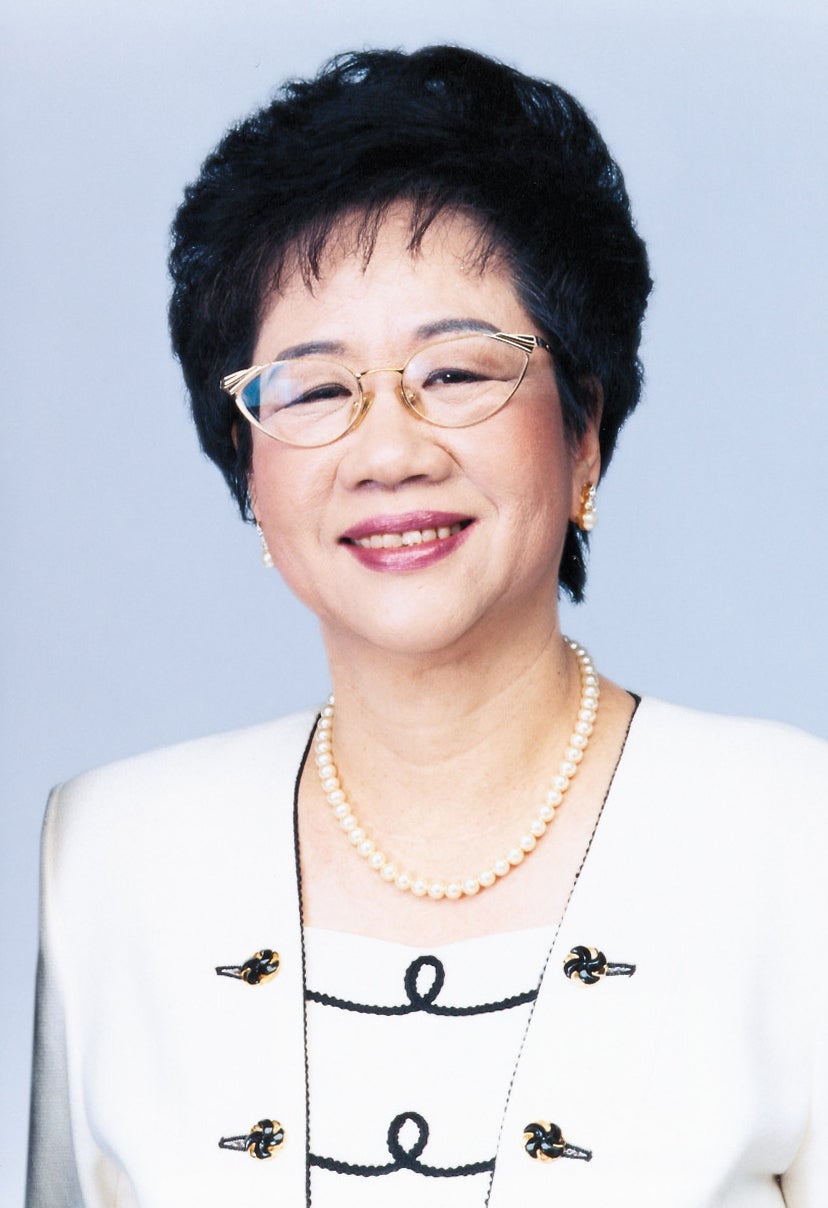She never saw herself as a politician. Indeed, she never thought she would even have the chance to lead. But now Hsiu-Lien Annette Lu LL.M. ’78, author, cancer survivor, former political prisoner, and founding member of Taiwan’s Democratic Progressive Party, has become the newly elected vice president of Taiwan.
Born into poverty in Taiwan, Lu received a scholarship to come to Harvard Law School. While in Cambridge, Lu learned the United States would be establishing diplomatic relations with the Chinese mainland, which had long considered Taiwan a renegade province. Certain the United States would sever its ties with Taiwan, she decided to return to her homeland for the election of the governing body for the Republic of China, Taiwan’s government. There, she joined a pro-democracy movement that resisted the ROC’s ruling Nationalist Party and its reliance on martial law. She was placed immediately under surveillance.
In 1979, Lu gave a speech at an anti-government rally that resulted in mass arrests. The government charged her with sedition and sentenced her to 12 years in prison. Diagnosed with cancer shortly before her imprisonment, Lu feared for her life. “The first 100 days were the most difficult,” Lu recalled. “I was held incommunicado and felt that I wanted to die. But over the next five years, I came to terms with my prison life. I decided to transcend myself and make good use of my time, such as writing books, reading, knitting, and sewing.”
She had served over five years of her sentence when, after a pressure campaign by Amnesty International, she was given medical parole for treatment of thyroid cancer. During her time in prison, she had written two novels: These Three Women and Empathy. Lu returned to the United States and enrolled as a research fellow at the Law School’s Human Rights Program.
Between 1985 and 1990, Lu traveled widely in the United States and Europe, making speeches and visiting opposition leaders. In 1994, she chaired the Third Global Summit of Women, held in Taiwan. The summit bought together more than 200 leaders from 70 countries and heightened her advocacy for women in the country, a goal that is still a top priority. “In Taiwan, women make up one-third of the Taipei City Council, one-quarter of the Cabinet, and one-fifth of the Legislature,“ she said. “The goals I want to accomplish for women are economic and educational equality and the elimination of discrimination, such as sexual harassment.”
In 1996, Lu won election as magistrate of Taoyuan County with more than 324,000 votes. She was reelected nine months later and in December 1999 was invited to serve as the running mate of Chen Shui-bian, the presidential candidate for the Democratic Progressive Party. Chen and Lu had known each other for some time: he was one of
her defense lawyers during her trial.
Since the election in March 2000, Lu has maintained a nonstop schedule, speaking out on controversial issues, such as the sovereignty of the ROC. “I have always stated reality or what I believe is true, and there is no kind of pressure that could change this,” she said. “I cannot help it if some people do not like to hear the truth. I am not one who can easily be persuaded or forced to do or say something that I feel is untrue.”
Though Lu says that she “never really wanted to be in
politics at all,” she is growing accustomed to her new role and is driven by the opportunity to help her country and its people. “The biggest price of being a public figure is the loss of personal liberty and privacy. However, I always do my best and think only of my duty and mission.”
